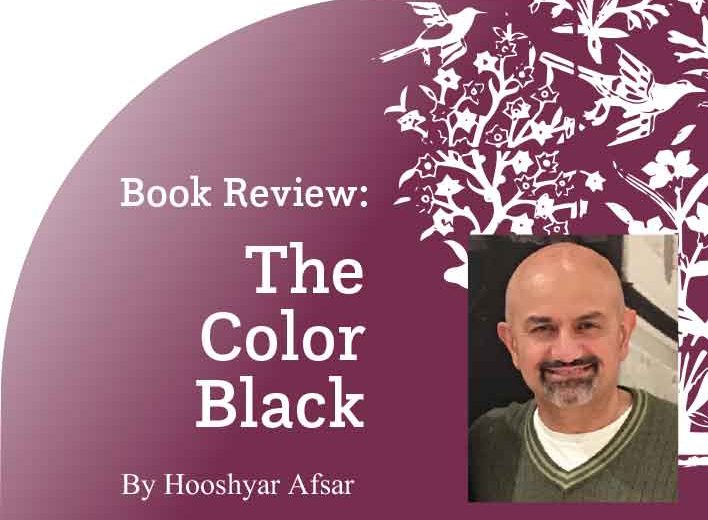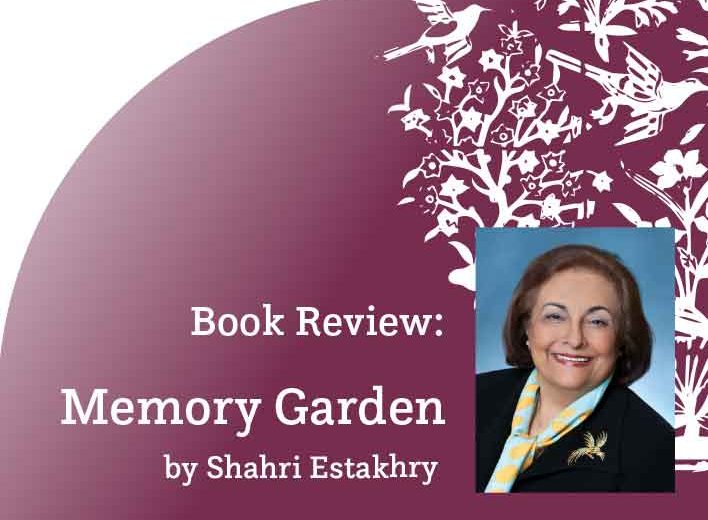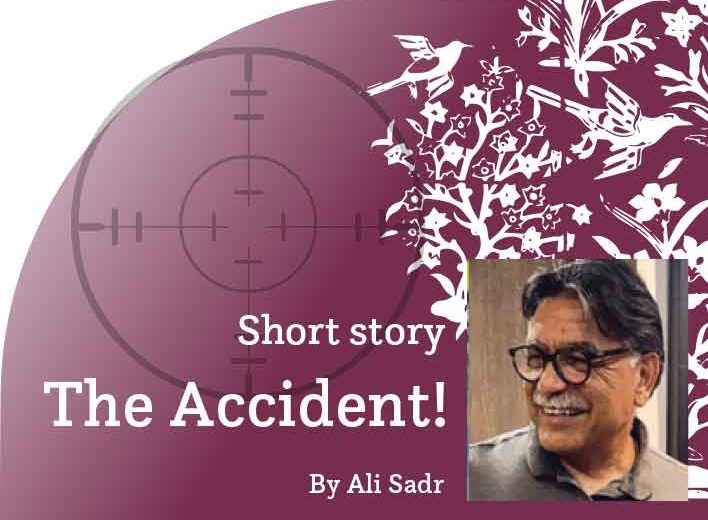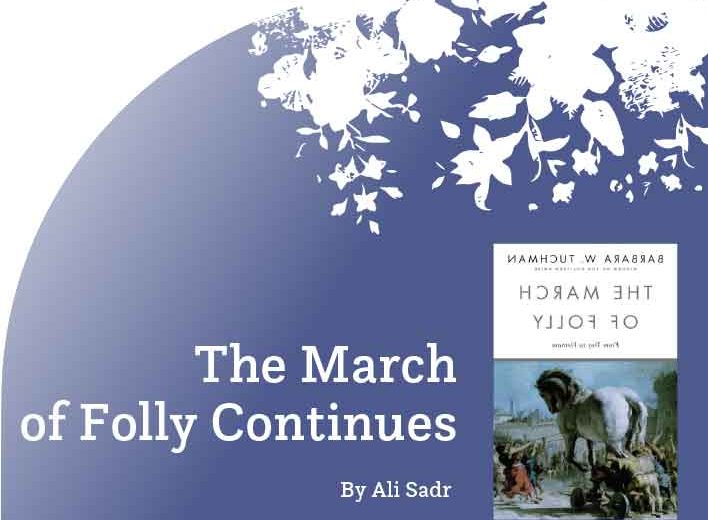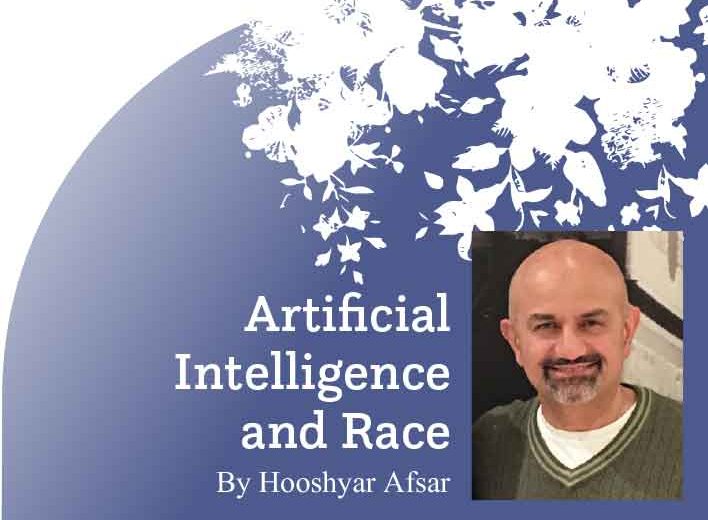Stigma of Mental Health in the Iranian American Community
Part 1
By Lily Mojdehi
One of the most beautiful and important values of Iranian culture is the importance of friends and family. As a collectivist culture, community is at the core of so many of our customs, celebrations, and traditions. My parents both reminisce and are still in awe of my grandparents’ incredible hospitality and how they opened their home to guests almost every day of the week. Nothing brought them more joy than togetherness. Gatherings brought them a sense of peace and comfort, because it reminded them of their life in Iran, living in constant community.
I have learned from my elders that life is enjoyed to the fullest when shared with family and friends who become “family.” Whenever I encounter an Iranian family friend, they immediately ask me, “How are your mom, dad, and brother?” In essence, what they are really asking is, “How are you?” because how my family is doing directly connects to how I am doing. I do not only represent myself as an individual, but also my family and the larger community as a collective.
Living inside a collectivist culture positively impacts our mental wellness because there is comfort in knowing you have a built-in support network. However, our love for socializing and surrounding ourselves with our family and friends does not erase the fact that many Iranians in the U.S. experience mental health challenges.
According to the World Health Organization, mental health is defined as a state of well-being in which the individual is aware of their own abilities, can face normal stresses of life, works fruitfully, and is able to make a contribution to their community. Mental illness, on the other hand, disrupts a person’s ability to think, feel, and relate to others and their daily life.
One challenging aspect of living within a collectivist culture is feeling pressure to always represent yourself and your family as respectable, happy, successful, and strong. It is simply not human to constantly feel well and put together. As immigrants and children of immigrants, we have experienced different forms of trauma and hold unique vulnerabilities.
Similar to physical health, mental health is individual and subjective. Our health and wellness in general can change over time and even throughout one day. For example, it is common to sometimes wake up feeling sick, yet gain vitality towards the end of the day. Similarly, it is natural to have moments or days filled with sadness, anger and, nervousness as well as moments or days filled with joy and positive energy. If these moments or days of sadness, lethargy, and other symptoms of depression last for two weeks or more, it is vital that you seek extra support from mental health professionals and their trusted community.
Mental health and wellness look and feel differently for each individual and that is one of the reasons why it is important for us to become aware of not only our physical health, but also how our mental and physical health are connected to each other. Commonly, mental illness shows itself through physical symptoms. These symptoms often manifest themselves as head, stomach, and back aches, or chronic fatigue. The Persian language has a number of phrases that describe the mind and body interconnection. For example, “khafe shodam” literally translates to “I am suffocating” and figuratively translates to “I feel overwhelmed.” This phrase shows how physical symptoms—such as feeling claustrophobic—are connected to mental health symptoms of feeling nervous, upset, and overextended.
Just as mental illness symptoms vary depending on the individual, so do treatment plans. Mental health can be treated and maintained through different forms of healing such as dietary changes, movement, community, medication, therapy, expressive arts, and myriad of other wellness modalities.
Mental illness is common and treatable. One in five adults in the U.S. experiences a mental health disorder each year. According to studies conducted by 250 clinical psychologists in Iran, about one fifth of Iranian children and adolescents experience mental health challenges, anxiety disorder being the most prevalent. Unfortunately, the Iranian American community has not often been included in mental health research, thus the exact numbers of Iranian Americans experiencing mental health challenges are unknown.
Mental health and wellness in the Iranian community is a topic that is not openly discussed for various reasons, including the stigma attached to this topic. Stigma can be defined as the attitudes and beliefs that lead to rejection, avoidance, or fear of those we perceive as being different. In other words, stigma is a negative label, often attached to people or their experiences. A common label that I have heard describing someone experiencing hardship or mental health challenges is crazy, or a “deevune,” a term with negative connotations. This stigma in our community may cause those who are experiencing mental health challenges to feel shame in sharing their feelings, leading them to isolation and preventing them from seeking help. In order to avoid this, it is important to normalize conversations surrounding mental wellness in general.
Hopefully, this article will help us reduce, as a community, the stigma of mental illness as a legitimate health concern. By doing so, we will also reduce and even take away the barriers for seeking out help. Instead of asking ourselves “what will the community think and/or say about me?” I invite you to ask “how can I express myself honestly and authentically with my community?” We can fulfill each other’s needs for love and connection if we take a moment and think “how am I feeling?” and “who can I support?” I urge you to come together and amplify our community’s care. Let’s continue to socialize collectively, while mindfully caring for each other.
Lily Mojdehi is an Iranian American woman from San Diego, who grew up dancing at the Persian Cultural Center of San Diego. Majoring in sociology, she recently graduated from Bard College in New York and now works as a Middle Eastern outreach coordinator for Breaking Down Barriers, a county funded program aiming to reduce the stigma of mental health through education and prevention programs. Contact: lilym@jfssd.org


